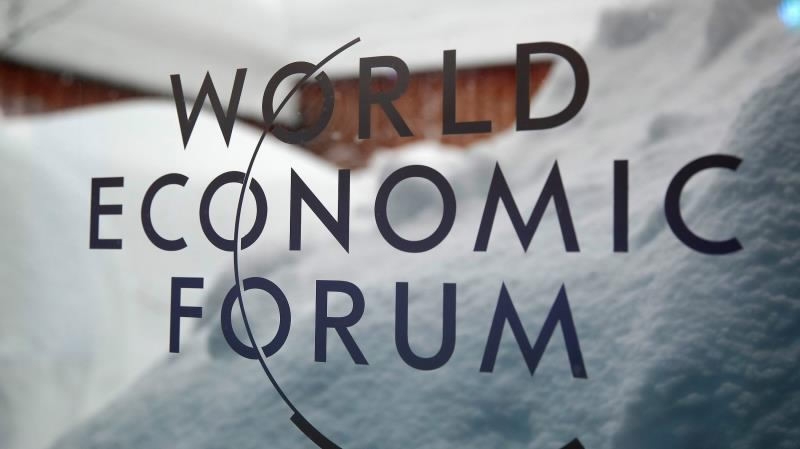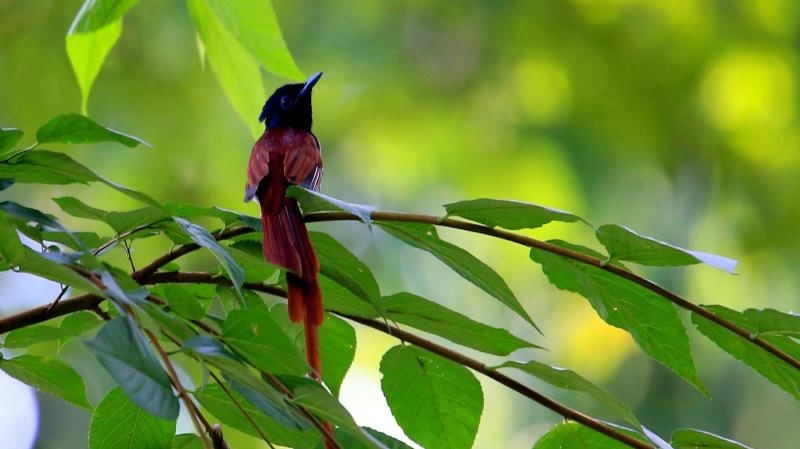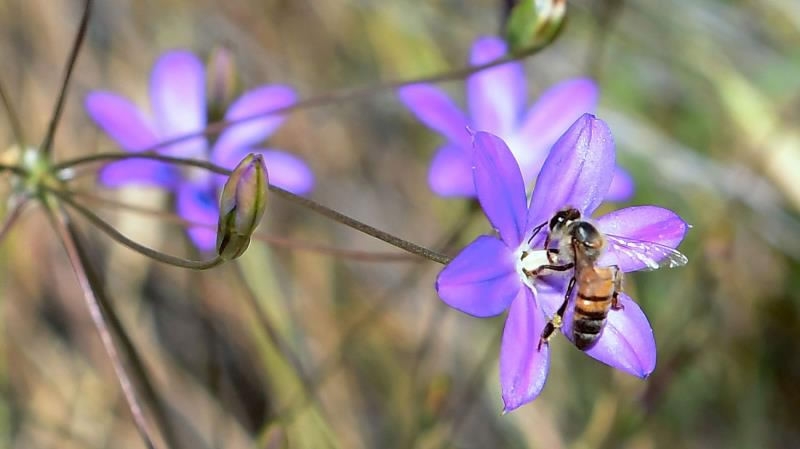
Business
22:42, 23-Jan-2018
Green Growth: Environmentalists call for attention on extinction rate
By CGTN’s Jack Barton

The World Economic Forum (WEF) this year will continue to find ways to stoke economic growth and save the environment, two topics that environmentalists and many economists now say cannot be treated as separate issues.
The industrial revolution marked a turning point in human history that utterly transformed our economies. As a result people's lives have greatly improved, including people in Britain, where the revolution began.
In the UK, life expectancy has climbed from around 40 years in the mid-1800s to almost 80 currently for men and older for women. At the same time the global population has leapt from a little over one billion to more than seven and a half billion.
But even though our climate has always changed, global average temperatures have risen with unprecedented speed.

VCG Photo
VCG Photo
However, agriculture and industry have led - and still lead - to massive species declines and extinctions.
According to a report from World Wildlife Fund (WWF), the rapid loss of species we are seeing today is between 1,000 and 10,000 times higher than the natural extinction rate.
“So in less than a generation we have lost half of the wildlife on the planet. We are heading towards two thirds decline by 2020 and a mass, as scientists say, we’re already in a mass extinction”, said Marco Lambertini, director general of WWF International.
The UK is also facing a serious biodiversity crisis. About 15 percent of UK's species are regarded as being threatened with extinction.
Bird numbers in the UK have dropped by more than 50 percent over the past few decades. Doctor Mark Eaton, head of the bird monitoring program at the Royal Society for the Protection of Birds (RSPB), blamed climate change, urban expansion and agricultural intensification.
“By far the single largest effect is agriculture. High productivity is better for putting food on the plate, but it had a real expense on birds and other wildlife. We also see other impacts, the effects of urbanization, expanding towns and more latterly climate change. All the things have an impact on [the environment] and they are all tied to the economy”, said Eaton.

VCG Photo
VCG Photo
It is not just birds that have a big impact on the environment. Many bee species are suffering from what has been dubbed ‘colony collapse syndrome.’
“It is not just about honey,” said Tim Lovett, President of British Bee Keepers Association, “it is said that up to 30 percent of what we eat is dependent on insect pollination.”
Environmental issues such as climate change grabbed a lot of attention, including at the World Economic Forum. Environmentalists are now calling for more attention to the loss of biodiversity and the extinction rate, which are still not making headlines.

SITEMAP
Copyright © 2018 CGTN. Beijing ICP prepared NO.16065310-3
Copyright © 2018 CGTN. Beijing ICP prepared NO.16065310-3